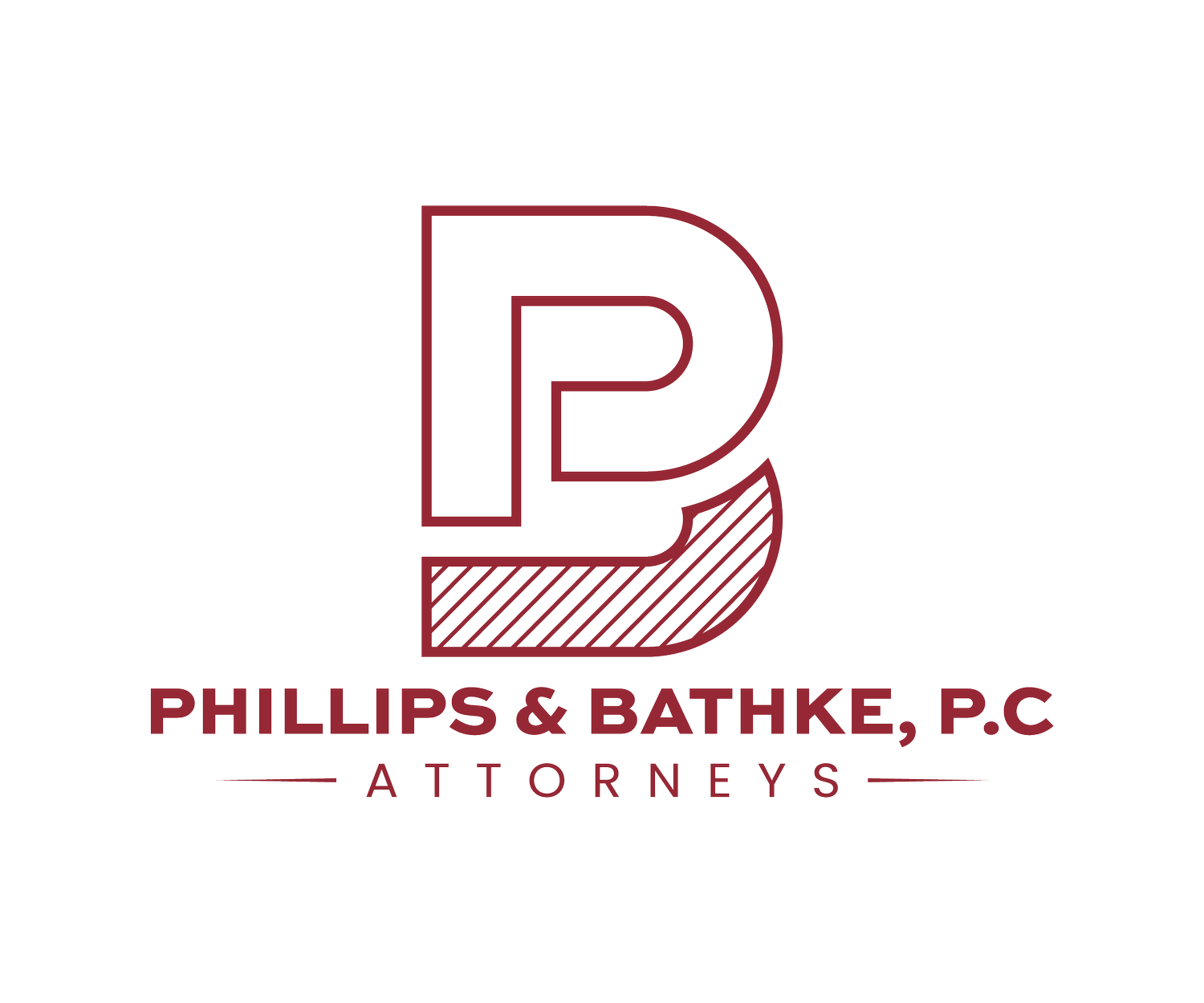Trademark law applies to intra-libertarian party squabble. first amendment does not apply.
The 6th Cir. recently considered whether a members of a supposed breakaway faction of Michigan's Libertarian Party could use the Libertarian National Committee's trademark and hold themselves out as the official Michigan affiliate. Libertarian Nat'l Comm., Inc. v. Saliba, No. 23-1856, 2024 U.S. App. LEXIS 21832 (6th Cir. Aug. 28, 2024). The preliminary injunction entered by the trial court, to end such use, was affirmed except as to the solicitation of donations which were paired with clear disclaimers-preventing consumer confusion.
As might be expected, the factual background, a political kerfuffle within a third-party political party are messy. But, after certain attempted a bloodless coup of the Libertarian Party of Michigan over ideological defenses, the Libertarian National Committee invalidated it. Even so, the breakaway group held itself out as the official officials of the Michigan Libertarian Party and used the National Committees' trademark. Id. at 2-4. That said, it used extensive disclaimers when soliciting donations. Id., at 22-24. Unsurprisingly, this got them sued.
That suit heavily involved questions of likelihood of confusion-fundamental to all trademark claims-and the First Amendment.
As to the question of likelihood of consumer confusion, the 6th Cir. noted extensive use of disclaimers by the breakaway faction. Id. at 22-24. It determined those disclaimers resolve any issues of consumer confusion. There would not be any. Id.
As for the First Amendment, the 6th Cir., unsurprisingly, found Supreme Court authority "persuasive." Id. at 12. The breakaway faction explained argued it was attempting to comment on the National Committee, not to designate a source of goods. But, just last year the Supreme Court explained defendants using a trademark as a source identifier, trademark law trumps the First Amendment. Jack Daniel's Properties, Inc. v. VIP Prods. LLC, 599 U.S. 140, 159 (2023).
In fact, the Supreme Court considered a similar on all fours with the intra-party squabble presented at hand. The Supreme Court, in the Jack Daniel's case, considered United We Stand America, Inc. v. United We Stand, America New York, Inc. One need only look at the caption to see the dispute there in that a case. 128 F.3d 86 (2d Cir. 1997). The 2d Cir. determined the defendants used the identifier as an "identifier" for the political services, not to comment on the mark's owner. Id. at 93. This carried the day in that case.
That reasoning carried the day for the Libertarians, too. Because the breakaway faction used the mark as a source identifier, the 6th Cir. extended the Lanham Act into the political sphere. Id. at 10-12.
